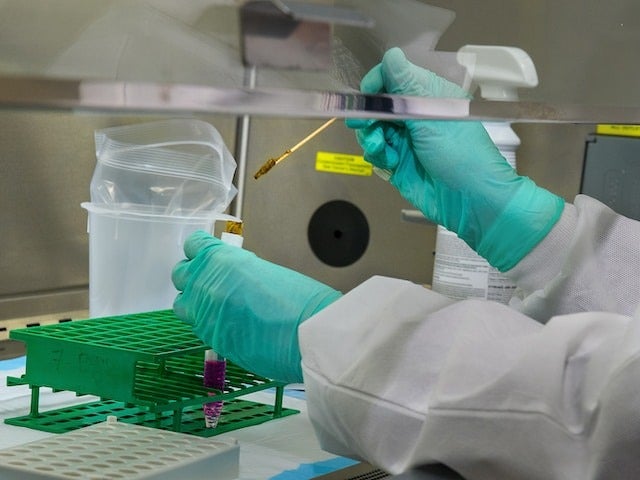
Pangea Laboratory has secured breakthrough device designation from the US Food and Drug Administration (FDA) for its non-invasive Bladder CARE Assay.
The assay is designed for the quantitative urine-based diagnosis of bladder cancer and upper tract urothelial carcinoma (UTUC) in patients exhibiting haematuria and suspected of having either cancer.
The Bladder CARE Assay utilises a single qPCR reaction to measure the methylation levels of three urothelial cancer-specific DNA biomarkers.
Pangea Laboratory claimed that its assay has demonstrated superior performance compared to traditional cytology and other FDA-approved tests.
USC Institute of Urology clinical research director and urology (clinical scholar) professor Siamak Daneshmand said: “The Bladder CARE Assay’s quantitative nature sets it apart from other tests.
“This characteristic holds significant potential in providing clinicians with valuable insights into patient response to anticancer treatments.”
The Bladder CARE Assay has sensitivities and specificities of 93.5% and 92.6% for bladder cancer detection, 96% and 88% for upper tract urothelial carcinoma, and an 89% sensitivity for carcinoma in-situ, known for its challenging detection.
Additionally, the assay includes an easy-to-use urine collection kit that stabilises the specimen for room-temperature shipping, thereby alleviating the burden on both patients and healthcare providers.
Pangea Laboratory said that collaborative research, spearheaded by Hooman Djaladat, Dean’s Professor of Urology at USC, underscores the superior negative predictive value and diagnostic accuracy of the Bladder CARE Assay for upper tract urothelial carcinoma.
The assay exhibits 96.7% sensitivity for high-grade tumours and 100% for low-grade tumours, presenting a significant contrast to urine cytology, which demonstrates 43.3% sensitivity for high-grade tumours and 0% for low-grade tumours.
Pangea Laboratory founder and CEO Larry Jia said: “The FDA’s recognition of the Bladder CARE Assay validates its potential to reshape cancer diagnostics, making effective and patient-friendly detection a reality.”
The diagnostics company said that it is set to initiate multicentre clinical trials which will mark the next phase in the pursuit of premarket approval for the Bladder CARE Assay.






